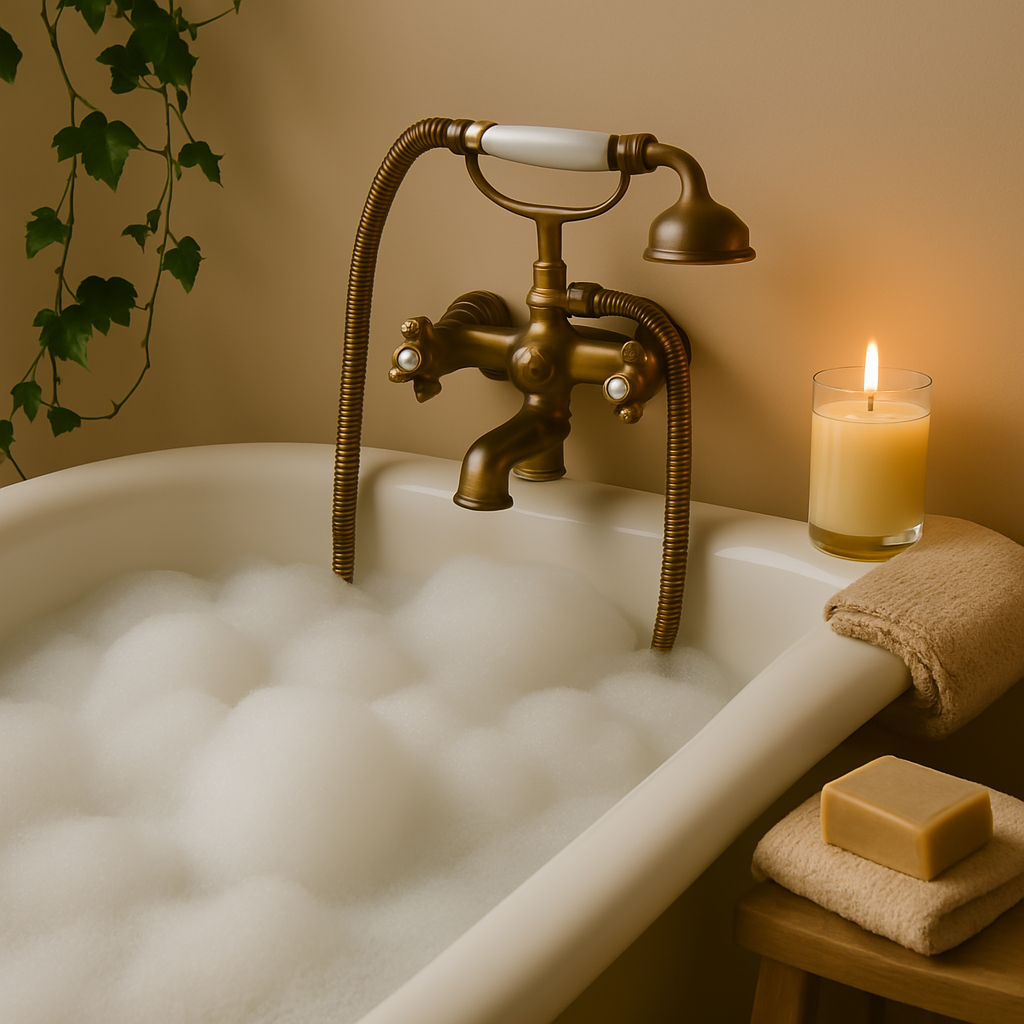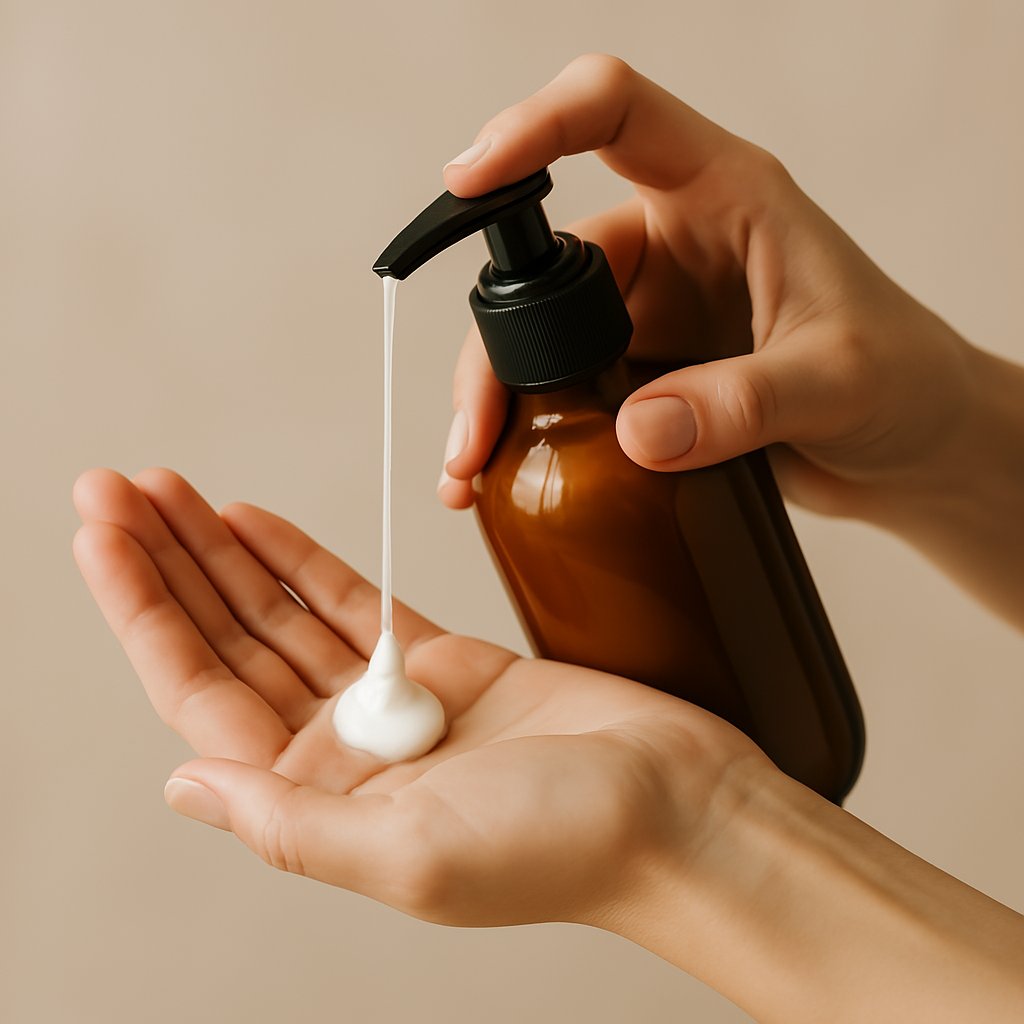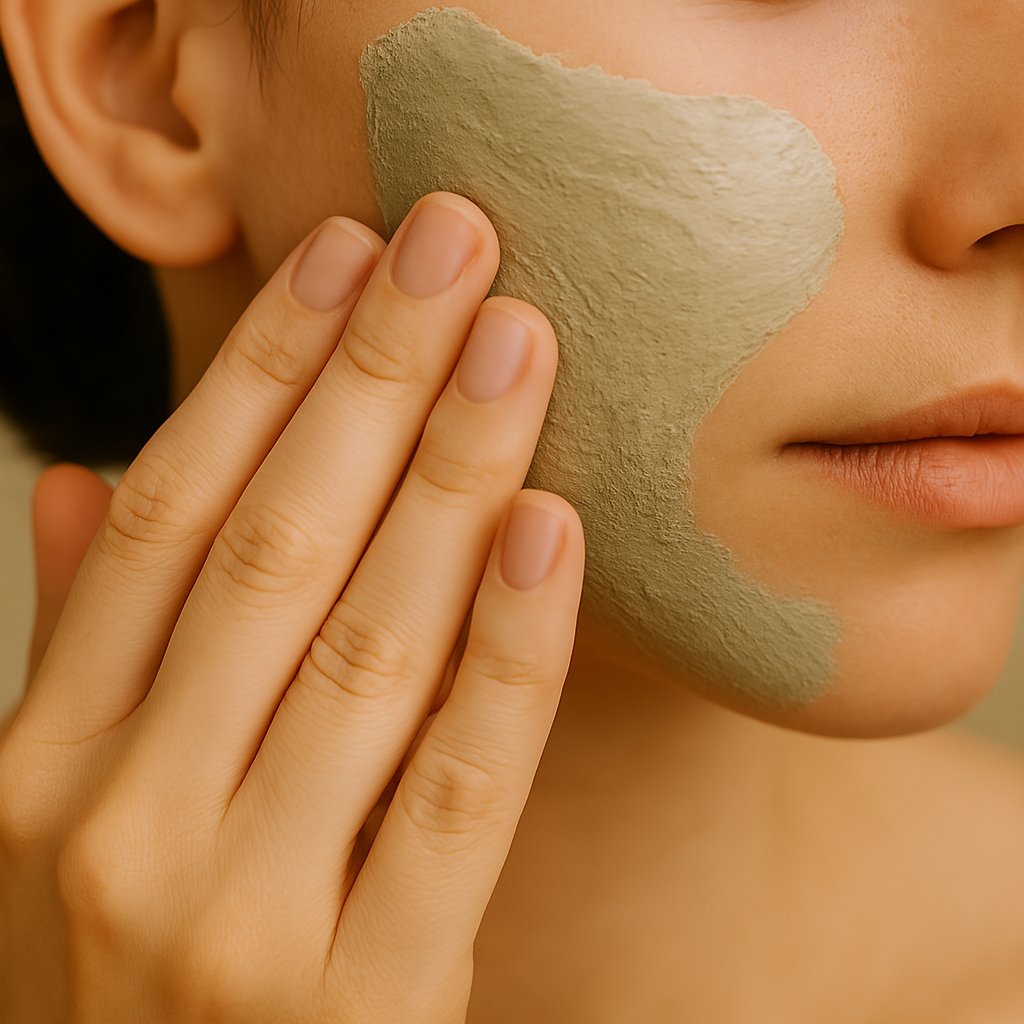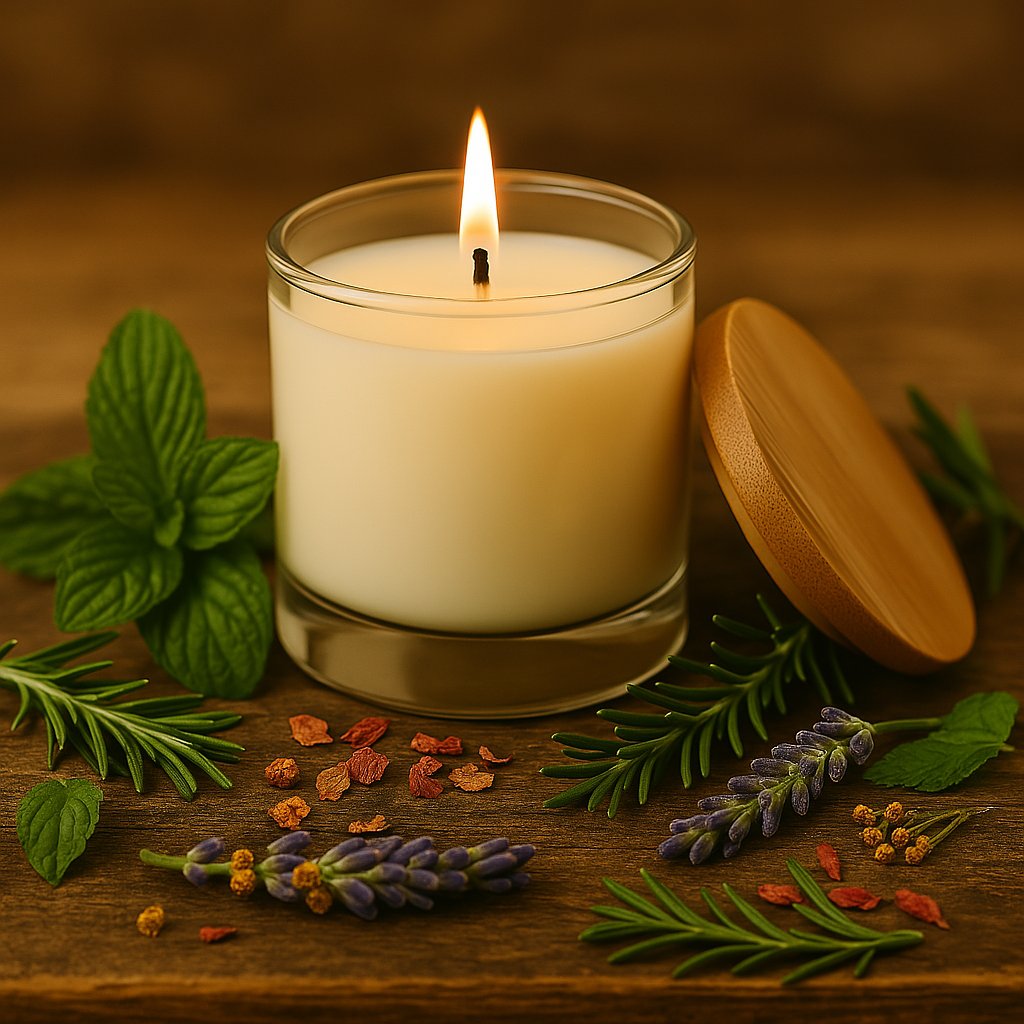The Lathering Legacy: The Invention, Origin and Evolution of Soap
From ancient Babylonian concoctions to the modern-day indulgence of handcrafted luxury, the story of soap is an awe-inspiring journey through time, tracing its roots back to accidental discoveries and intentional innovations.
Ancient Beginnings:
Soap's tale begins with a serendipitous encounter between nature and human observation. Legend has it that civilizations noticed the cleansing properties of rainwater mixing with ash from fires, which led to the first soap-like substances. In ancient Babylon around 2800 BC, fats boiled with ashes birthed early versions of soap, laying the foundation for hygiene and cleanliness.
Health and Hygiene:
As civilizations refined soap recipes in Egypt, Greece, and Rome, soap evolved beyond mere cleansing. The incorporation of oils, alkaline salts, and lye enhanced its effectiveness for personal hygiene. Throughout history, soap played a pivotal role in public health, curbing the spread of diseases and improving skin health.
A Transformative Journey:
Soap's accessibility expanded during the Renaissance and the Industrial Revolution, impacting people's well-being on a wider scale. The evolution of craftsmanship turned soap into more than just a cleanser; it became a luxurious, healthful product. Handcrafted with nourishing oils, botanicals, and essential oils, modern handmade soaps offer an indulgent spa-like experience, catering to various skin types while promoting both physical wellness and luxurious self-care.
The journey from its accidental discovery to its present-day opulence demonstrates the profound impact of soap on daily life. It highlights the importance of a simple yet transformative invention, reminding us of its significant role in enhancing personal hygiene and overall well-being. So next time you lather up, remember the rich history and luxurious potential of this humble yet powerful product.














Leave a comment